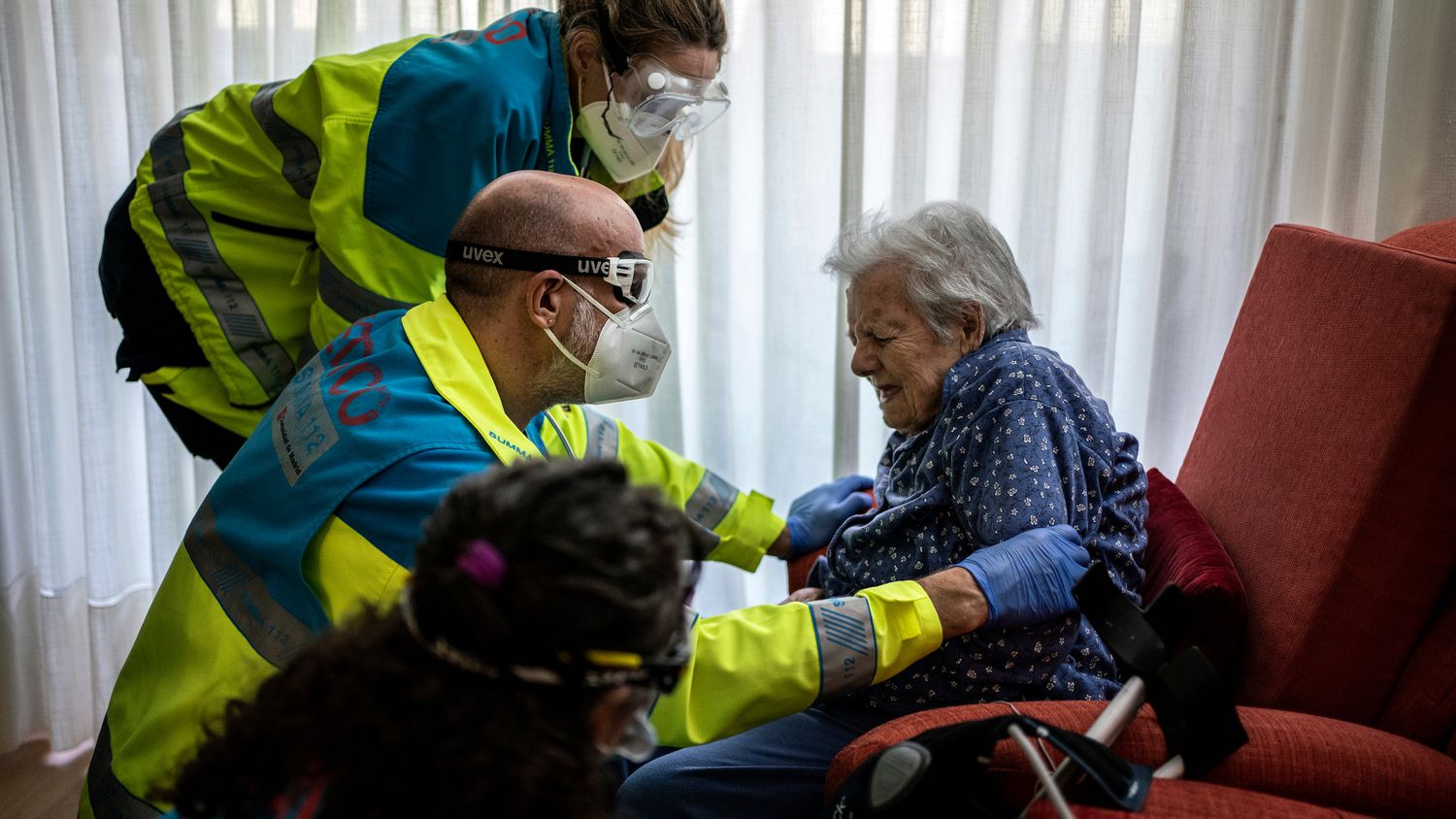The Ministry of Health has divided the population into 15 groups to receive the covid vaccine, as its head, Salvador Illa, announced this Friday.
Immunization will be carried out in three phases, which correspond to the first three quarters of the year, and will be gradually extended depending on the availability of doses.
In the first phase, there will be those admitted to residences, the personnel who attend to them, the rest of the toilets and people with severe disabilities, who add up to about 2.5 million people. The ministry intends for them to be immunized between January and March.
Spain’s coronavirus vaccination drive: these are the 15 priority groups
In the second and third phases, which would begin next and each would last a quarter, the rest would go, some of which can be divided into subgroups:
Older than 64 years (about nine million)
People with risk conditions (obesity, diabetes)
Those who live or work in closed communities or environments
Vulnerable population due to their socioeconomic situation
Essential workers
Staff
Children population
Population in areas with high incidence or in outbreak situations
Pregnant women and mothers with nursing babies
Already immunized people who have passed the covid
Adolescent and young population and the rest of the adult population
The order of vaccination of each group in these phases is not yet decided. “The groups cover the entire Spanish population. On this basis, it will be decided who will have priority in stage two and three. It will be a flexible decision, which will be made by the technicians when we have more data on the vaccines and their availability.
The strategy is going to be updated ”, Illa explained. “The rest of the groups that will be incorporated in stages two and three will be progressively agreed as the doses arrive, their availability increases, the information on the final characteristics of the vaccines and immunity increases”, he has added later the ministry.
Logically, the deadlines will depend on a factor that Health does not control: which vaccines will arrive, when they will arrive and in what quantity. Health, through the European Union, has signed or finalized contracts with six pharmaceutical companies (AstraZeneca, Sanofi-GSK, Janssen, BioNTech-Pfizer, CureVac and Moderna) .
Spain has 140 million doses, which are equivalent to 80 million immunizations (most require double doses), almost double that of citizens, a margin thought to have enough doses in case the experiments fail or are delayed and to boost production so that developing countries can benefit.
What the minister has insisted on is the guarantees of the drugs used, and that their distribution between the groups and their prioritization will be based on aspects such as the risk of serious morbidity or mortality of people, risk of spreading the virus , the socioeconomic impact of being infected and the risk of exposure to the pathogen.
This may cause some of the established categories to unfold (for example, among young people and adolescents, among those who live or work in closed environments, or between pregnant and lactating mothers), which could raise the number of groups to 18, according to the report. Illa said.
He has also repeated that vaccination will be voluntary and, for the moment, it has not been considered to establish the requirement of vaccination to carry out certain activities.



 Bitcoin
Bitcoin  Ethereum
Ethereum  Tether
Tether  XRP
XRP  Solana
Solana  USDC
USDC  TRON
TRON  Cardano
Cardano  Lido Staked Ether
Lido Staked Ether  Avalanche
Avalanche  Toncoin
Toncoin